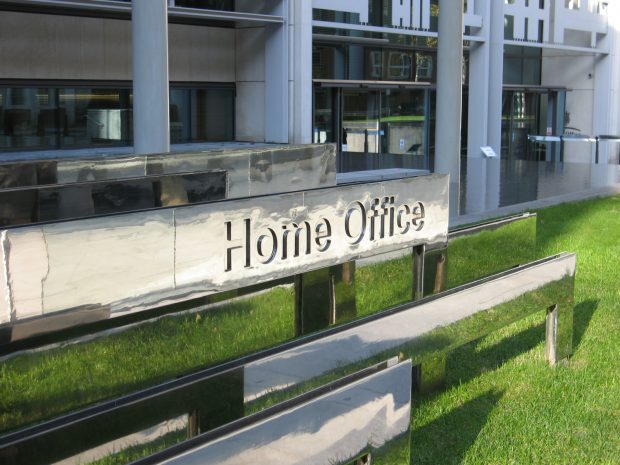
Today, the Home Office has published hate crime statistics for 2018/2019.
The main findings of the publication include:
- In 2018/2019, there were 103,379 hate crimes recorded by the police in England and Wales, an increase of 10 per cent compared with 2017/2018
- There were increases in all 5 of the monitored strands of police recorded hate crime, with a 37% increase in transgender identity hate crimes (to 2,333) Religious hate crimes increased by 3% (to 8,566 offences), sexual orientation hate crimes increased by 25% (to 14,491) and disability hate crimes increased by 14% (to 8,256)
- In 2018/19, 12% of public order hate crimes were dealt with by charge or summon
- This is the lowest percentage increase in the number of hate crime offences since 2013/14
The government response to the statistics is below along with a Fact Sheet setting out what action the government has taken to tackle hate crime.
A government spokesperson said:
Any incident of hate crime is completely unacceptable. No one should be targeted because a hateful minority cannot tolerate the differences that make our country great.
We are encouraged that more people are willing to report hate crime and that police continue to improve their response to victims.
Partners across the criminal justice system, government and in the community are working hard to empower those affected and ensure perpetrators are punished.
Fact sheet on government action to tackle hate crime
- Launched the Hate Crime Action Plan published in 2016, and refreshed in October last year, which focuses on five key priorities: to prevent hate crime happening in the first place through education; tackling hate crime in our communities; increasing reporting; improving support for victims; and increasing our understanding of hate crime.
- Improved police recording of hate crime. Forces now capture data on all five monitored strands of hate crime: race or ethnicity, religion or beliefs, sexual orientation, disability, and transgender identity. Police also now record the faith when a religious-based hate crime has taken place to increase understanding and help target police resources.
- Announced a Law Commission review into hate crime legislation to ensure the legislation enables consistent and effective protection from conduct motivated by hatred.
- Launched funding schemes to help protect places of worship from hate crime and to tackle hate crime at a local level. We have awarded more than 130 grants worth £1.5m to protect places of worship. We have committed £1.6m for a fourth year of the scheme, and a further £3.2m for 2020/21. Additionally, we have committed £900,000 to support community led projects, through the Hate Crime Community Project Fund.
- Committed just over £1.5m for projects to tackle racially and religiously motivated hatred including through our working groups to tackle antisemitism and anti-Muslim hatred.
- Supporting Streetwise’s Stand Up project, which works with young people in schools to challenge Islamophobia and antisemitism. It has reached over 8,000 young people to date
- Providing Tell MAMA with more than £2.5m of funding between 2016 and 2020 to support its work encouraging the reporting of anti-Muslim hatred and providing support to victims.
- The Government published the Online Harms White Paper, which set out our plans to introduce a statutory duty of care to make companies take responsibility for the safety of their users, enforced by an independent regulator. This will include hate crime content.
- Supported the European Commission Code of Conduct for Countering Illegal Hate Speech. This voluntary code has been signed by Facebook, YouTube, Microsoft, Twitter and Instagram. One main aim of the Code is to ensure that requests to remove content are reviewed in less than 24 hours, and content is removed if necessary.
- Baroness Williams has held two ministerial roundtables to discuss disability hate crime. The first took place in June 2018 with social media companies and Changing Faces, a charity that supports people with disfigurements. The meeting addressed the abuse faced online by people with disfigurements, and how all participants could work together to tackle these issues. The second meeting in June 2019 aimed to tackle disability hate crime online.
- There are a number of specific commitments addressing homophobic, biphobic and transphobic hate crime, These include:
- the Crown Prosecution Service working with partners to improve the recording and monitoring of equalities data for LGBT victims of hate crime and reviewing and refreshing its LGBT Hate Crime Schools Pack;
- further Government Equalities Office funding for anti-bullying interventions in schools from March 2019 to March 2020;
- support from the Home Office to the police to improve training in responding to victims;
- the Home Office has funded projects aimed at tackling homophobic, biphobic and transphobic hate crime.
